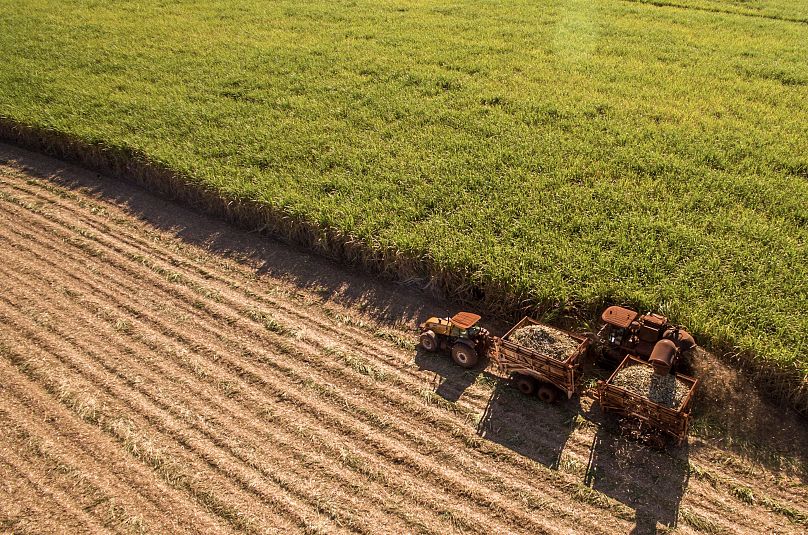A specific set of economic conditions known as the ‘Brazil Cost’ has, for a long time, presented a barrier not only to foreign investment, but to doing business within the country itself. Brazil has traditionally had a reputation unnecessary bureaucracy, inefficient public services and a high tax burden.
In recent years a raft of policies and legislation, from tax reform to trade agreements, have brought about a sea change in the country’s economic freedom. Efforts were hampered by the COVID-19 pandemic, but real progress has been made in making Brazil an attractive prospect for investors. This has been recognised by international agencies such as the OECD (Organisation for Economic Co-operation and Development), which recently praised Brazil for having adopted more of the organisation’s 246 legal instruments than any other non-member country.
It is hoped that Brazil may soon become a full member of the OECD, and enjoy all the advantages of working closely with other major economies that membership affords. For now, though, Brazil is categorised as ‘mostly unfree’ in the Index of Economic Freedom, which ranks countries according to trade, business and investment freedom, as well as property rights.
Recent government reforms, however, have set in motion a liberalisation of the country’s business environment ultimately intended to attract foreign investment. Among the initiatives implemented so far is the Economic Freedom Act, which aims to reduce bureaucracy and minimise government intervention in economic activities. As a result of the Act, corporate rules have been simplified, tax compliance made easier and tax litigation reduced.
Harnessing the potential of the agribusiness sector
Brazil’s agricultural sector has been given a boost with the Nova Lei do Agro (New Agribusiness Law), which aims to modernise regulation on agricultural financing and attract private investment. This will allow rural producers to secure more credit. The law also contains a mechanism to invigorate foreign investment by streamlining processes through which foreign buyers can acquire rural real estate.
Another stimulus for Brazilian agribusiness is a new category of investment vehicle known as the FIAGRO (Investment Funds in Agroindustrial Productive Chains). These funds will allow investors, fintechs, lenders and insurers to structure loans, collateral and tax plans in the sector, reducing dependence on public subsidies and lowering barriers to foreign investment.
Another measure that has had a stimulating effect on investment and reduced the cost of credit is the CPR (Rural Product Certificate) credit bond, also known as the ‘Green CPR’. An important instrument for sustainable growth, the CPR aims to raise financial resources while preserving biodiversity. In essence, it rewards farmers for the conservation of native vegetation and provides incentives for carbon-offsetting.
The removal of red tape and paperwork
Underpinning these efforts to provide a more fertile environment for business and investment is a major overhaul of outdated systems and a move towards digitisation in every sphere of public and business life. Great strides in this area have strengthened Brazil’s export capacity and increased its participation in international trade.
Since January 2019 approximately 135 million people, around 60 per cent of the Brazilian population, have registered on the government’s gov.br platform, which offers 4,800 public services to citizens. These services include tax declarations, the provision of social benefits, electronic signatures, vaccination certificates, document authentication and even car sales.
The rapid increase in accessibility was both boosted by the COVID-19 pandemic and central to mitigating its worst effects, particularly in the most socially and financially vulnerable. Post-pandemic, the digitalisation strategy has been transformative for business. In 2020, the UN Electronic Government Survey ranked Brazil as first in the Americas for digital government, and 20th in the world.
In tandem with measures such as a planned 1.5 percentage point reduction in tax rates levied on imported goods, these policies have contributed to a sizeable reduction in the ‘Brazil cost’. As the country’s increasingly liberal business frameworks attract further investment, the economy is expected to see considerable growth, which can only spark further confidence in the global arena.


